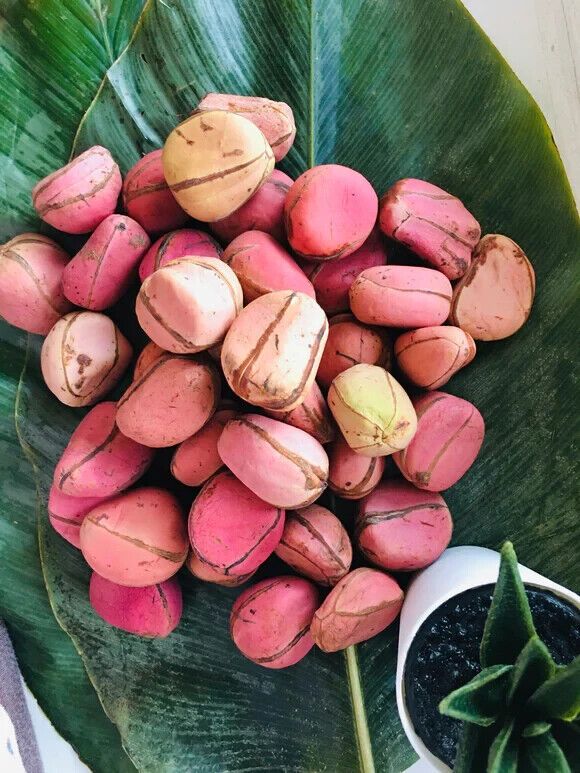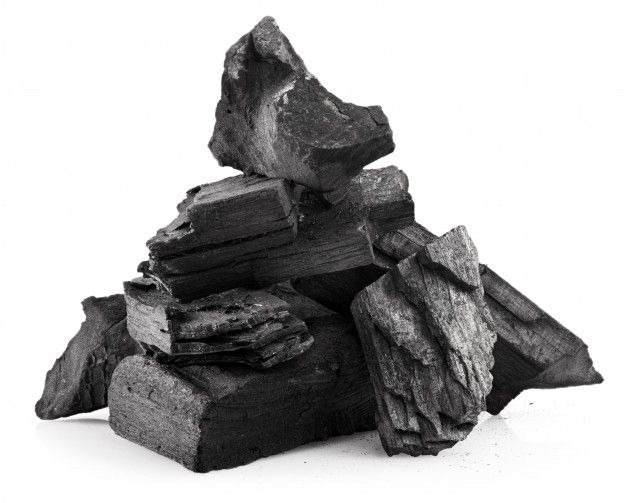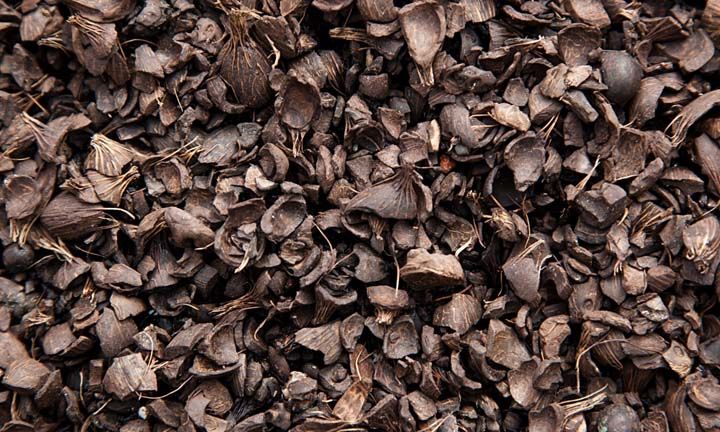What is Turmeric?
Turmeric (Curcuma longa) is a bright yellow-orange spice that comes from the rhizome of the ginger family. Known globally as the “Golden Spice”, turmeric is one of the most sought-after spices for its culinary, medicinal, and industrial applications. Its active compound, curcumin, is responsible for its rich color and numerous health benefits.
Nigeria has favorable soil and climate conditions for turmeric cultivation, making it an emerging player in the global turmeric trade.
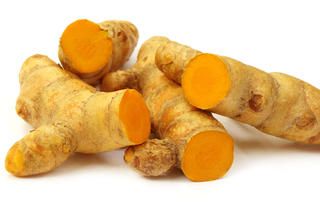
Turmeric in Export Trade
Turmeric is one of the most traded spices worldwide, with India as the largest producer. However, Nigerian turmeric is gaining recognition due to its high curcumin content and organic cultivation practices. Export opportunities exist in markets across Europe, the Middle East, Asia, and North America, where demand for natural spices and health supplements is increasing.
Exporters supply turmeric in different forms:
-
Fresh turmeric rhizomes
-
Dried whole turmeric
-
Turmeric powder
-
Curcumin extract
Uses and Applications of Turmeric
Turmeric is a versatile commodity with applications across multiple industries:
1 Food & Culinary Uses
-
As a spice in curries, soups, sauces, and marinades
-
As a natural food coloring (E100)
-
In beverages like turmeric tea, golden milk, and wellness drinks
2 Health & Medicinal Uses
-
Anti-inflammatory and antioxidant properties
-
Used in traditional and modern medicine to treat arthritis, digestive issues, and infections
-
Popular ingredient in dietary supplements and capsules
3 Cosmetic & Skincare Industry
-
Used in skin creams, soaps, and facial masks for its skin-brightening and antibacterial properties
4 Industrial Uses
-
Textile dyeing
-
Coloring agents in pharmaceuticals and food processing

Export Potential and Global Demand
-
The global turmeric market is projected to grow significantly, driven by demand for natural health products.
-
Major importing countries include India, UAE, USA, UK, Germany, China, Saudi Arabia, and Netherlands.
-
Nigeria’s turmeric export offers competitive advantages due to organic production, lower costs, and rising global recognition.
Packaging and Export Specifications
To meet international standards, turmeric is packaged as follows:
-
Fresh Turmeric: Packed in ventilated cartons or crates (10kg–25kg).
-
Dried Turmeric Rhizomes: Packed in jute or PP bags (25kg–50kg).
-
Turmeric Powder: Exported in moisture-proof bags or food-grade containers (1kg–25kg).
Export HS Code for Turmeric: 09103000
 Why Turmeric Export is Profitable
Why Turmeric Export is Profitable
-
High demand in food, pharmaceutical, and cosmetic industries
-
Increasing global shift towards organic and herbal products
-
Large market opportunities in Europe and Asia
-
Value addition through processing (powder & extract) increases profitability
Final Thoughts
Turmeric export is one of the fastest-growing agribusiness opportunities in Nigeria. With proper cultivation, post-harvest handling, and adherence to international quality standards, exporters can tap into the billion-dollar global spice market.
Exporting turmeric is not just about trading a spice – it is about trading health, wellness, and tradition.

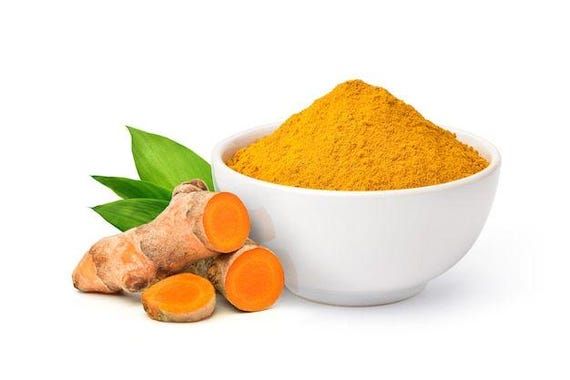
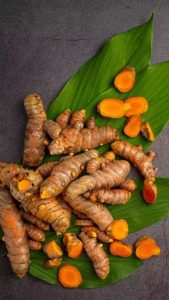 Why Turmeric Export is Profitable
Why Turmeric Export is Profitable
